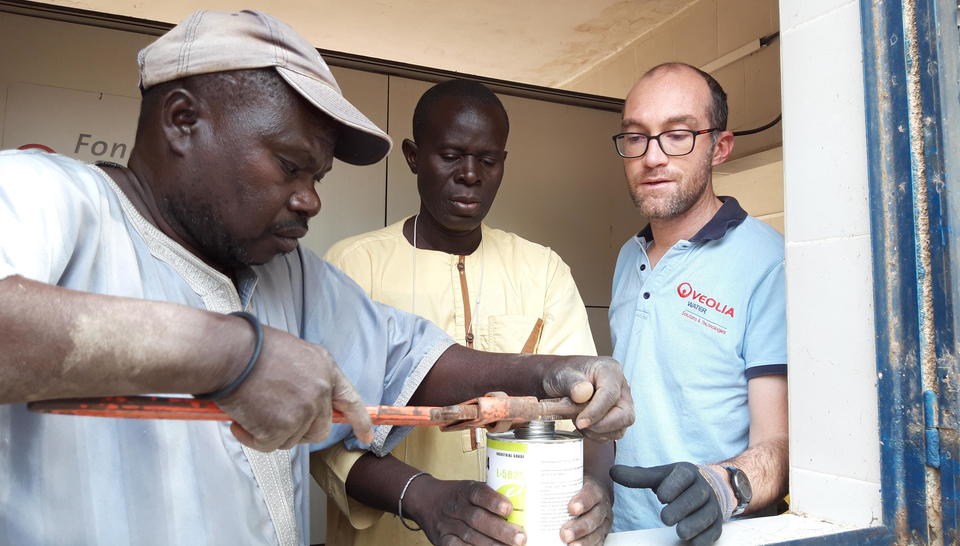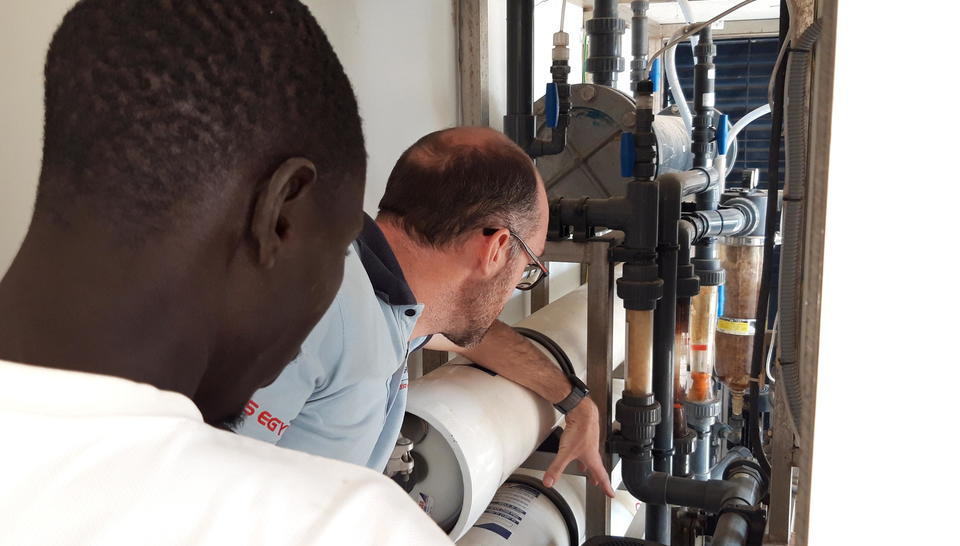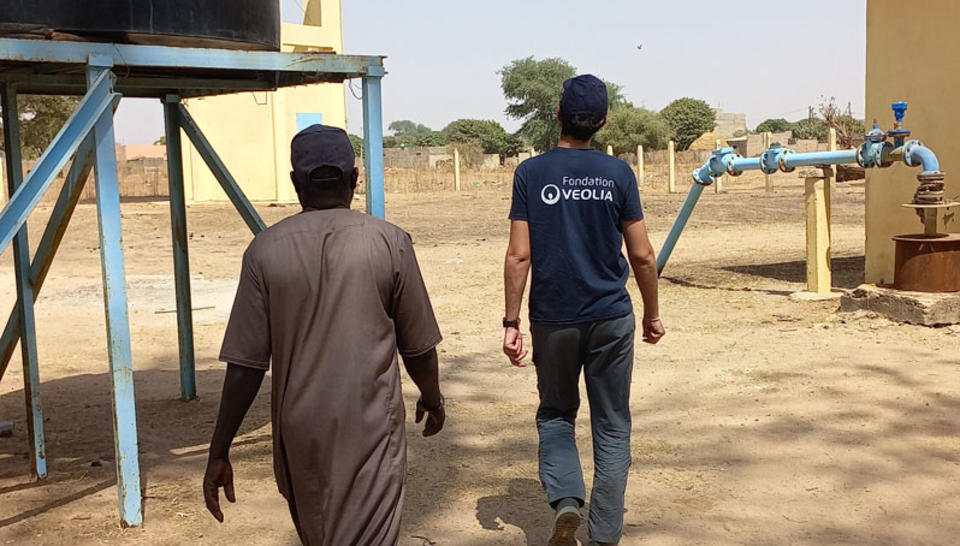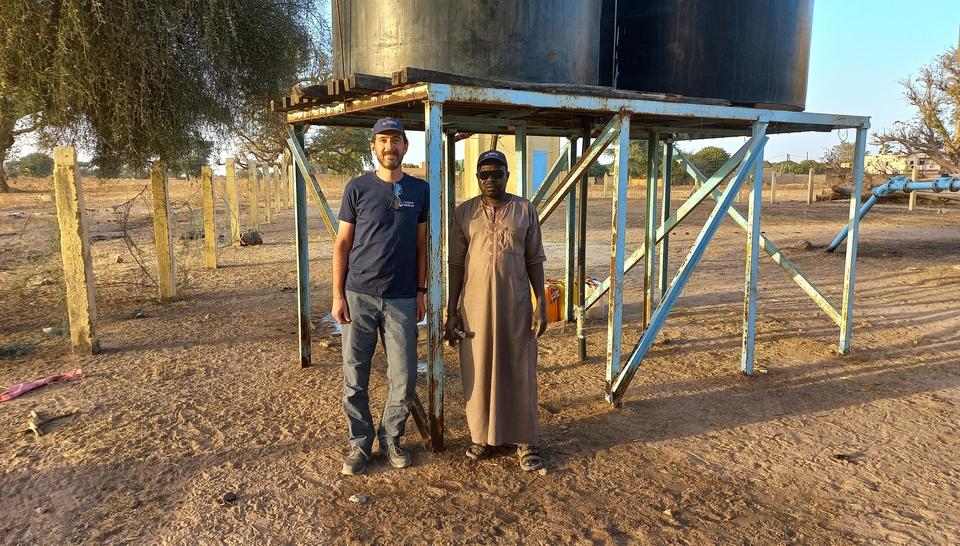In Nguékokh, to the north of Kaolack, residents are faced with a water quality problem. In this rural region, the groundwater contains too much fluoride, which is dangerous to health. In particular, it causes cases of osteoporosis and paralysis. To remedy this public health problem, the Veolia Foundation has made a commitment in the field by providing human expertise and Veoliaforce equipment.
The use of two Veoliaforce volunteers
After the initial installation and the deterioration of the borehole, several missions were carried out in Nguékokh to identify a permanent solution. Maxime Pellot, a Veoliaforce volunteer provided by Veolia Water Technologies, analysed the system and decided to use an Aquaforce RO unit to reduce the fluoride in the borehole water. To deploy this mobile water purification unit, adapted to brackish environments, two experts recently went out into the field. Vincent Renault and Mathieu Balian, both from SIDEM (Veolia Water Technologies), took turns in Nguékokh in January and February. The aim was to install the new equipment and train local staff in its use.
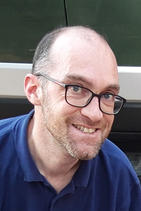
On site, Vincent Renault, the first to leave, was quick to perceive "very high expectations on the part of the local population". "The previous installation had been out of order for a month: there was a lot of involvement from the local people and, for me, real pressure to restore access to water", he explains. For Mathieu Balian, it's the acceptability of the water produced by the Aquaforce RO that is the issue. "The slightly chlorinated taste of the water may have been a problem at first.
The first deployment of Aquaforce RO, designed to treat brackish water
For the two Veoliaforce volunteers in the field, this mission in Senegal was also an opportunity to deploy equipment that they had helped to design. The latest addition to the range of mobile water treatment units, the Aquaforce RO ("Reverse Osmosis") makes brackish water potable. It joins the Aquaforce 2,000, Aquaforce 5,000 and Aquaforce 15,000, which can treat freshwater for 2,000, 5,000 and 15,000 people respectively. This robust equipment, which can be adapted to meet specific needs on the ground, has been deployed in a wide range of humanitarian contexts. For the Aquaforce RO, this was a first.
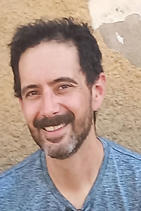
"It's really satisfying to have been involved in the design of the plant, from the purchase of spare parts right through to the first tests in a natural environment," comments Vincent Renault, who was present during a simulation in the Pyrénées-Orientales region. "Between SIDEM's desalination activities and what we've done on the Foundation's Aquaforce RO, it's the same planet but not the same world," continues Mathieu Balian. "Our day-to-day work involves plants that treat hundreds of thousands of cubic metres a day, and with the Aquaforce RO we had to adapt to completely different volumes. We had to deconstruct our reasoning in order to design equipment that was subject to other requirements: mobility, robustness and ease of operation.
Veoliaforce's skills sponsorship means that Veolia entities such as SIDEM can make employees available to the Foundation during their working hours. The Foundation's humanitarian partners seek and expect this expertise for the benefit of local populations.



